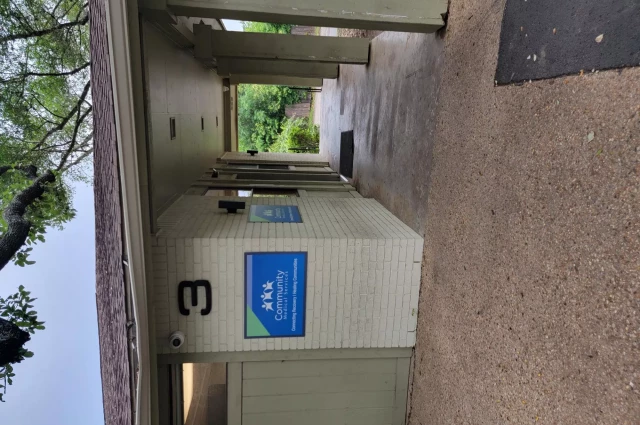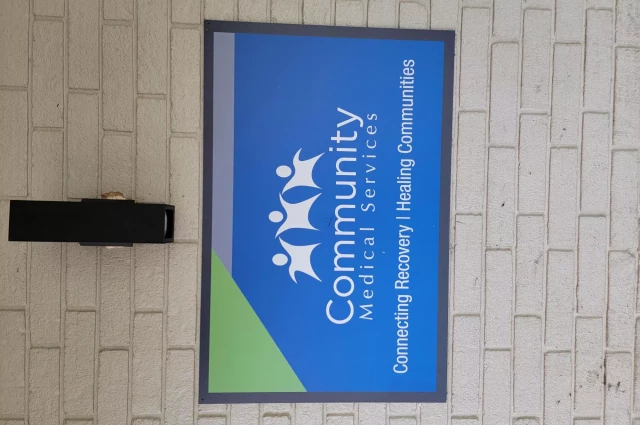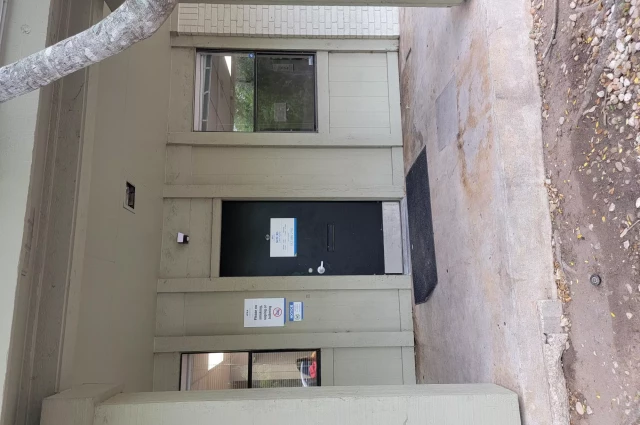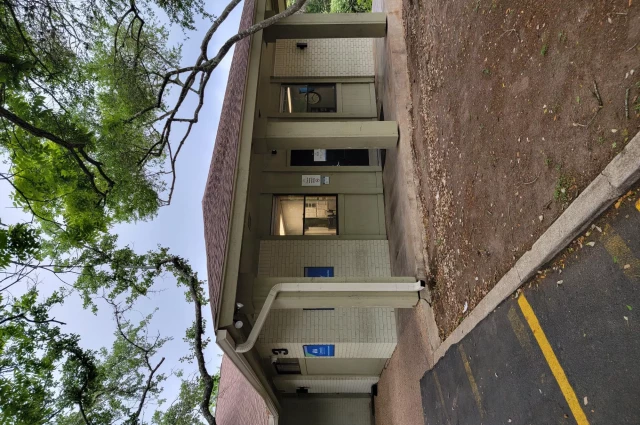Community Medical Services Austin on William Cannon Information
Treatment
Who We Treat
- Young Adults (18–25)
- Male and Female
Approaches
- Group Therapy
- 1-on-1 Counseling
- Cognitive Behavioral Therapy (CBT)
- Motivational Interviewing
- Medication-Assisted Treatment (MAT)
- Online Therapy
- Life Skills Training
- Relapse Prevention Counseling
Conditions We Treat
- Perinatal Mental Health
- Trauma
Substances We Treat
- Opioids
Aftercare
- Outpatient Treatment
- Employment Counseling
- Continuing Care
Level of Care
- Outpatient
Experience
Smoking and Vaping Policy
- Smoking Allowed
- Vaping Allowed
Accreditations
-
Commission on Accreditation of Rehabilitation Facilities (CARF)
CARF accreditation is a prestigious recognition for rehabilitation and human service organizations. It signifies that an organization meets high-quality standards and is committed to providing top-level care. CARF conducts rigorous evaluations to ensure compliance, enhancing an organization's credibility and reassuring clients and funders of exceptional service quality. This accreditation promotes excellence and continual improvement in the rehabilitation and human services field.

Community Medical Services Austin on William Cannon Accepts The Following Insurance Plans
Find the best treatment options. Call our free and confidential helpline today!




